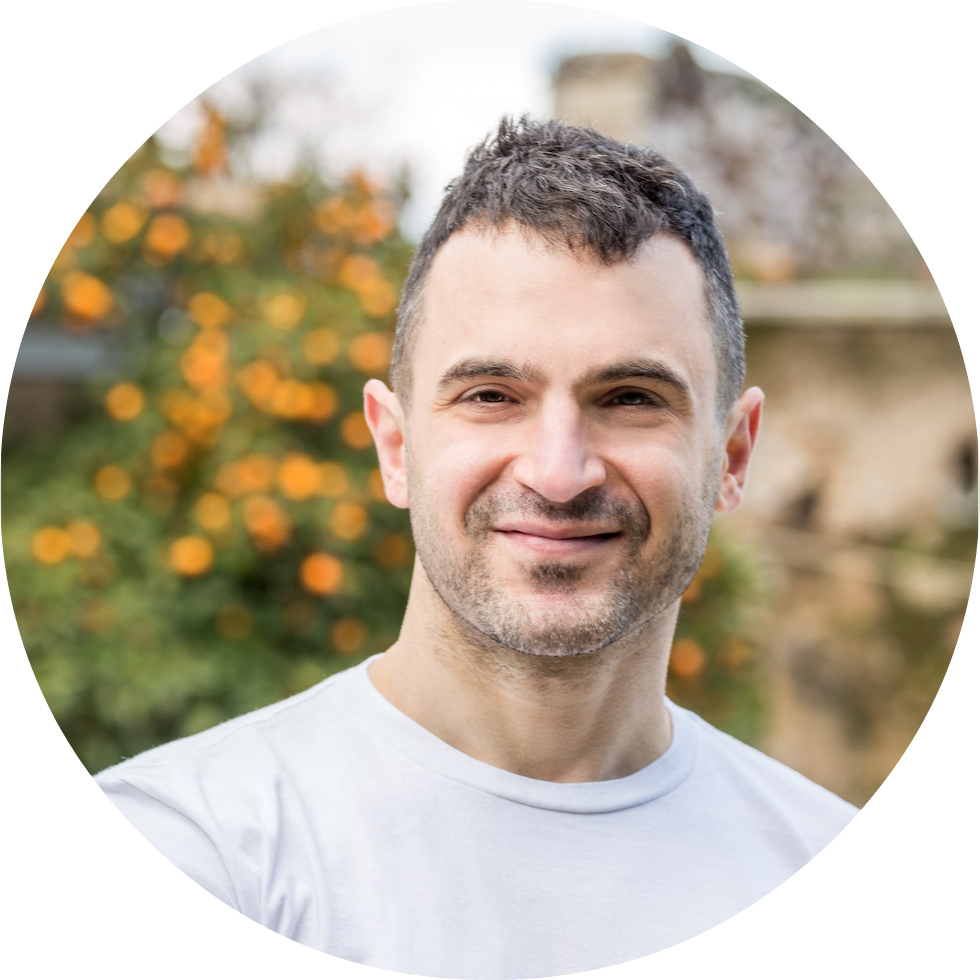
Anastasis Tzanis reports on how awareness of how we breathe can improve our health
It usually takes no more than one night of poor sleep to appreciate how important it is for our health. Doctors, physiotherapists, personal trainers, life coaches and not least your mother all rave about how important it is to get a good night’s sleep. Given that everyone knows that health starts with sleep, why do so many people fail at it, and could the way we breathe hold the key to uninterrupted, nights of shut eye?
The quick answer is maybe. If you read this article to the end, you will find out why.
What Controls Our Sleep Cycle?
Let’s first put things into perspective: sleep is part of our daily cycle and very much controlled by our hormones. A lot of people think they should fall asleep at 23:00 simply because that’s when it suits their schedule. But they don’t prepare for it.
If we are to improve our sleep we have to improve our hormone regulation and in particular our cortisol hormone regulation. To see what happens when cortisol is out of control, look at the levels in these two graphs showing the levels of two clients of mine, both with sleeping problems.


What does breathing have to do with our hormones? A lot! The way we breathe both reflects and affects our nervous system. To put it simply, when you are relaxed and happy you breathe much more easily than when you are worried or stressed. For this reason, when lecturing I often say that breath is the backdoor to our nervous system.
How Can Breathing Help?
At a very superficial level we can use breathing as a kind of sedative to improve our sleep. Before going to bed we can exhale carefully and slowly several times, or do what is called gentle box breathing – counting to three or four on each of four stages, breathing in, then holding the breath, then breathing out, then waiting the same period before breathing in again. You can find out more about these and other guided breathing exercises at my podcast, Breathwork with Anastasis.
This pre sleeping breathing will help some people but it is far from a panacea for good sleep, or any guarantee that you will fall asleep in the first place. A much more comprehensive approach involves working to improve your breathing through the day, at times when you are not specifically conscious of it.
Jame Nestor (who wrote the foreword of my first book, Breathing for Yoga) in his book The Breath highlighted the importance of nasal breathing for mental and cardiovascular health. Improving this unconscious breathing means improving respiratory capacity and involves:
• Improving your flexibility (as most yoga teachers would suggest)
• Training your ability to breathe softly (not heavy and loud) for prolonged periods
• Carrying out some cardiovascular exercise
By practising the above you can improve not only your quality of sleep but also harness the many other benefits of healthy breathing including helping to reduce anxiety, controlling blood pressure, and of course removing any need for a c-pap machine (used by those with sleep issues).


What if We Breath Poorly?
The way we breathe at night affects the quality of our sleep. If you wake up drowsy, tired, thirsty, with a dry mouth, or if you snore, chances are you are a poor night breather.
The actions listed above will help you over time improve your sleep but in the meantime you can support your breathing by ensuring nasal breathing only.
There are many options to help with this but the least invasive and cheapest is microporous 2.5mm tape over the mouth. This not only ensures more restful sleep but better mouth hygiene as well. This is relevant for both sexes and people of all ages, but no-one will benefit more than children.
The reason for that is simple. The way we breathe up to the age of 12 affects the way our skull and jaw is formed. Mouth breathers are more likely to develop misalignments of the teeth while also facing potential challenges with concentration, including around sports where performance is affected. And there are longer-term issues. In a Brazilian study teenage kids who were mouth breathing were found to produce 20% less growth hormone than kids who were nose breathing! Jaws by Sandra Kahn and Paul Ehrlich provides more information for parents on this topic.

In Conclusion
The way we breathe matters because it affects not just sleep but many aspects of our health. At the very least it’s good to try some calm breathing exercises before bed, but the real benefits will occur only once some regular breath training is in place.
So why did I say at the start of the article that breathing may or may not help you improve your sleep? That is because, as I said, sleep ultimately depends on our hormone regulation. And it may not be breathing disrupting your hormonal pattern at the moment but perhaps nutrition or another aspect of your health. But no matter what else is out of alignment, getting your breathing right will always help because the benefits are so far reaching.
Anastasis www.atzanis.com is a one-time Greek Special Forces paratrooper who spent seven years as a derivatives trader in New York and London before changing career to become a personal trainer and nutritional therapist. He is based in Tufnell Park where he helps individuals improve their mental, postural, and metabolic function, including through breathing.
Links:
https://www.atzanis.com/bfy/ (Breathing for Yoga book)
Podcasts – scroll down at https://www.atzanis.com/about-anastasis/
James Nestor’s The Breath – https://www.mrjamesnestor.com/breath-book/
Jaws book – https://www.sup.org/books/extra/?id=29626&i=Introduction.html

